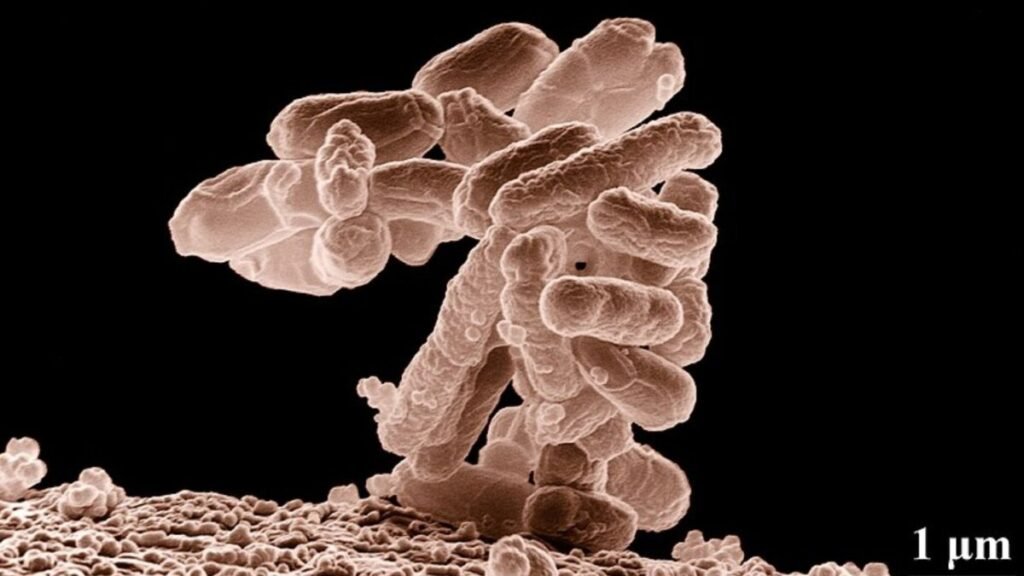Syn57: The Experiment That Challenges the Foundations of Genetic Code

For millennia, scientists believed that the genetic code was written in stone: 64 DNA triplets dictating how proteins are assembled. However, recent breakthroughs have shown that these rules were not as rigid as once thought. Scientists have rewritten the grammar of life, turning the seemingly impossible into reality.
## Reducing the Genetic Manual to the Minimum

Syn57 is a variant of E. coli that functions with only 57 codons, seven less than the universal standard. Researchers achieved this by rewriting over 101,000 sequences of DNA from scratch, eliminating genetic redundancies that nature had preserved for billions of years. Codons considered “unnecessary” were replaced with functional equivalents, creating a more compact genome radically different from any other known form of life.
The experiment demonstrates that genetic redundancy is not essential. This freed-up space could be used to insert new biological functions, transforming our understanding of what a living organism can be.
## Tools that Made the Unthinkable Possible

Syn57 was not just a digital exercise. Scientists fragmented the genome into 38 synthetic pieces and, using uREXER – a combination of CRISPR-Cas9 and viral enzymes – assembled the new organism. The process was filled with uncertainties: “There were moments when we thought it would be a dead-end,” confessed Wesley Robertson, one of the project leaders.
Although Syn57 is currently slow, researchers believe they can optimize its performance. The slowness is the price paid for altering one of Earth’s oldest languages.
## The Future Promised by Syn57
Syn57 offers more than just scientific curiosity. If its growth can be stabilized, it could be immune to viral infections, making it a key tool for the safe production of proteins for drugs, food, or cosmetics. Companies like Constructive.Bio are already exploring these applications, building on previous achievements with recoded organisms like Syn61.
But the best is yet to come: the possibility of expanding the chemical repertoire of life. With Syn57, proteins with 27 amino acids could be manufactured, compared to the 20 we currently know, creating molecules impossible in nature. Developing safeguards to prevent these synthetic bacteria from contaminating the environment is on the horizon.
Syn57 is a reminder that life, even at its most intimate code, can be rewritten. With each line edited, scientists move closer to the possibility of redesigning nature itself.






